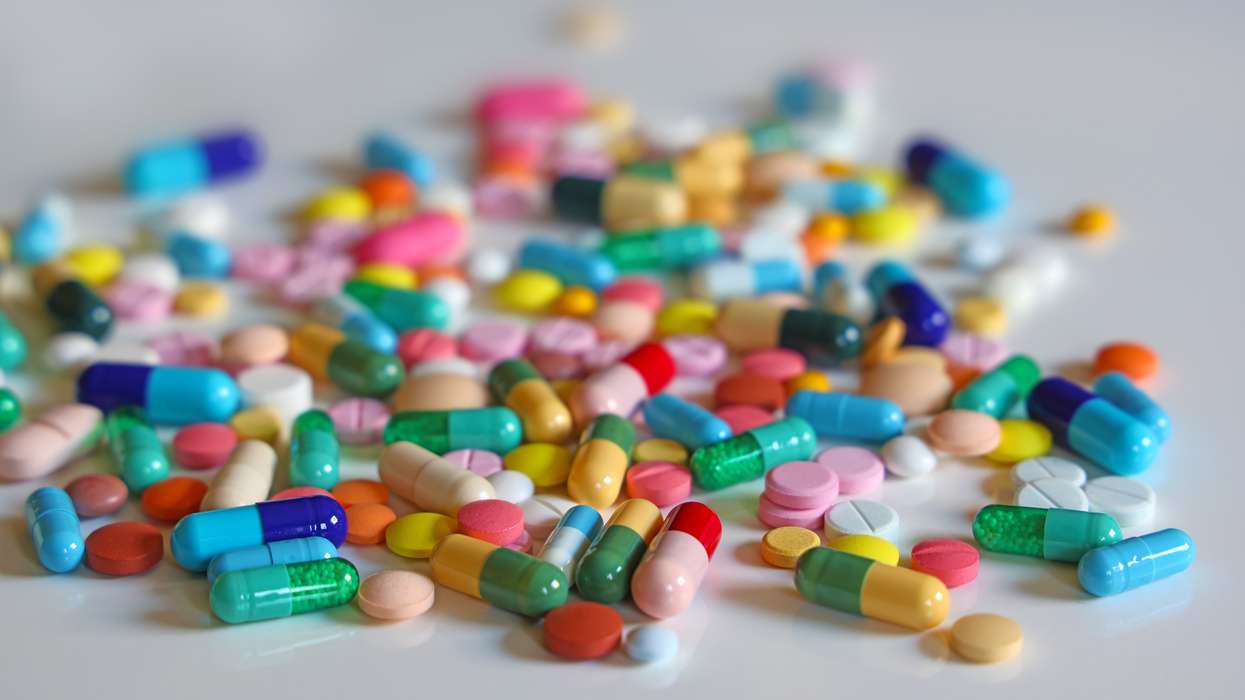As pharmacy teams brace themselves for a second wave of Covid-19 and a season of cold and flu, superintendent pharmacist Sobha Sharma Kandel offers some expert advice…
Winter is imminent and with dropping temperatures viruses are bound to be more prevalent, exacerbating health problems among the vulnerable and immunocompromised patients. This can cause serious complications, and therefore, it’s important to know the symptoms, methods to manage them and when to refer.
A healthy person can usually manage the illnesses with over-the counter medication. Colds, flu and Covid-19 are caused by different viruses. As some of their symptoms overlap, it may be hard to tell the difference. However, some key differences are shown in the following figure.
It is also possible to suffer from cold/flu and Covid-19 simultaneously, which can complicate matters. As per NHS guidelines, anyone with fever, cough, loss/change in sense of taste and/or smell has to self-isolate and request a Covid test.
Pharmacy Advice
The pharmacy team should advise patients with symptoms to take rest, ensure adequate hydration and take balanced nutrition. Supplements such as Vitamin C, Vitamin D and zinc can also help to boost the immune system and can be recommended.Pharmacy teams can recommend analgesics such as paracetamol or ibuprofen to help relieve associated muscle pain and headaches, and lower temperature. Paracetamol has an analgesic (painkilling), as well as an antipyretic effect (works on the brain to bring down a fever). It is a safe drug. However, an overdose can be dangerous, and therefore, the pharmacy team should check if the patient is on any other medication that has paracetamol.
Non-steroidal anti-inflammatory drugs (NSAIDs) such as ibuprofen also inhibits prostaglandins. It has anti-inflammatory, analgesic and antipyretic activity.
The main problem with NSAIDs is their irritant effect on the gastrointestinal system. It should be taken with food and should not be taken by patients with a history of stomach ulcer, indigestion, asthma or kidney disease.
Oral or nasal decongestants reduce nasal swelling and may help ease breathing but should not be used for longer than seven days because they can aggravate congestion. They should also not be used at night as they can inhibit sleep.
Nice guideline suggests honey could be effective in reducing acute coughs except for children under 12 months of age. Other remedies include the herbal remedy pelargonium, and cough medicines containing either guaifenesin or antitussive dextromethorphan (for 12 years and above).
Lozenges, anaesthetic spray or anti-inflammatory spray can be used. Gargling with antiseptic mouth rinse or salt water (not for children) and taking warm drinks with honey can help. Severe sore throat pain and difficulty in swallowing must be referred to a GP as tonsillitis and antibiotics may be needed.
Advice for children
Ensure adequate hydration and rest. Products to recommend: A thermometer to monitor temperature, saline nasal drops or sprays for nasal congestion, analgesics like paracetamol, ibuprofen, glycerin-based cough syrups, topical rubs, and humidifier in the room.The majority of cold and flu symptoms will clear up in four to five days. However, complete recovery from a cold or flu can take between 10-14 days. Post viral fatigue can also last a couple of weeks. Colds are much more common than flu and less severe.
Many OTC cold and cough medicines contain combinations of analgesics, decongestants and cough suppressants to relieve multiple symptoms; therefore, the pharmacy team needs to advice patients to not take any other remedies with same ingredients to prevent overdose.
Pharmacists and their staff have an essential role to play as they are the first port of call for patients. They should provide reassurance, give advice and recommend safe products and have an important function of signposting or referring patients if and when needed.
Sobha Sharma Kandel is superintendent pharmacist of Neem Tree Pharmacy in London.
This feature also appears in the print edition of Pharmacy Business/Oct 2020.











